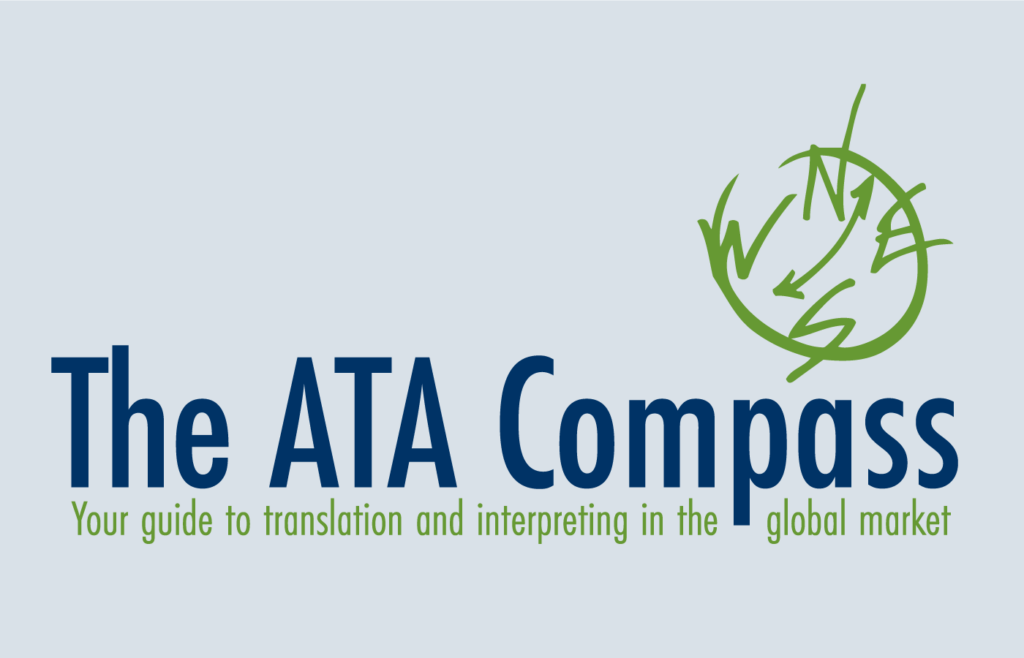Hiring an Interpreter? 9 Dos and Don’ts to Get the Most Out of Your Partnership

From Mari Kondo to the tiny house movement, the concept of “less is more” is undergoing a resurgence of sorts. Yet, in one area at least, the practice of “more is more” still rings true. If your upcoming meeting or business transaction requires a communication expert, such as an interpreter, you may think it’s as easy as having them show up and translate a language either verbally or with sign language; however, overlooking proper preparation and briefing can cost you a lot of time, money, and headaches down the line.
There is no shortage of ridiculously-translated menus or even embarrassing government mistakes, such as when the U.K. published a German version of its Brexit white paper that was widely ridiculed for its “archaic” and obtuse style of writing. The same can happen with interpreters. It’s due in part to the nature of language itself—its complexities, nuances, and myriad possibilities don’t allow for even the best interpreter to be a “walking dictionary”—and also because communication is an exchange of ideas in a given context.
Preparation is vital to ensure the communication experts you hire add value. If you treat interpreters like a member of your team they can focus on their expertise: language. Take a look at these dos and don’ts to ensure your next partnership with a language expert translates to a success.
DO consider their field of expertise.
Before selecting an interpreter, ask about expertise in your specific setting or field, not just years of experience. A court interpreter might be a great fit for a deposition on a patent dispute, for example, but only if she has experience in that setting and is given pertinent technical information ahead of time. Poorly trained interpreters have been shown to make 2-3 times more mistakes than trained ones.
DON’T hold back for the sake of confidentiality.
Qualified, credentialed professionals are required to abide by a strict code of ethics and are normally happy to sign your confidentiality agreement. So don’t be afraid to brief your interpreters fully in advance. Keep in mind that words themselves don’t communicate full meaning, and interpreters need to know about any relevant background contributions to what is unfolding in the conversation or transaction.
DO provide names and titles ahead of time.
Let the interpreter know who will be present at your conference, negotiation, facility tour, etc., and what their roles are in the discussion. Names are helpful, and not just of participants—knowing division, unit, and project names ahead of time will speed things up during the actual conversation.
DO share meeting details and goals.
Your team and your Spanish- or Chinese-speaking counterparts across the table might know why you are discussing a contract, but an external contractor won’t. The purpose of the meeting will greatly inform the interpreter’s work. What are everyone’s goals? Are the stakes high and the situation tense? Think of interpreters as extensions of your team and brief them accordingly. If they know your purpose(s), they can better understand you and transmit your message accurately.
DON’T expect the interpreter to show up and do a perfect job without any contextual knowledge.
Clear communication depends on contextual knowledge, so provide as much background information as possible. Let’s say you hire an interpreter to help you sort out an HR problem with an employee who is more comfortable in another language. Inform the interpreter about any previous meetings, the main issues to be discussed, the type of work the employee does, and anything else you think is relevant.
DO explain specific jargon and acronyms.
In many cases you don’t have to go as far as to provide a glossary; experienced interpreters will do some research on their own. But be sure to give them any internal jargon or acronyms that might be hard for outsiders to decipher. If your family members’ eyes glaze over when you start talking about the “BPO merger” and the “quarterly up-queue,” you’ll likely need to brief the interpreter about what these terms mean.
DO make sure all parties can be heard and seen.
Let your interpreter know what the physical space where you’ll be working looks like. Will you be sitting, standing, or touring a facility? How many people need to hear the interpreter? Will you play a video or will participants join via Skype or speakerphone? Knowing this information will allow your interpreter to better prepare for the situation or even suggest things you haven’t thought about, such as using simultaneous interpreting equipment.
DO hire more than one interpreter when necessary.
Interpreters do an incredible amount of cognitive work as they relay messages from one language into another, and quality suffers after about 30 minutes of continuous interpreting time. Talk with your interpreters and ask them what they need. If you are planning a presentation or a lengthy talk, they may suggest a team of interpreters to trade off and take breaks. If the meeting is more conversational and will include natural or scheduled breaks, you can likely get away with one interpreter for a few hours.
DO send files ahead of time.
Always send any documentation that will be discussed a few days in advance. Agendas, contracts, previous meeting minutes, presentation slides—anything that provides context and terminology will greatly enhance the interpreter’s work process and save time during the actual meeting or event.
While simplicity and minimalism may work wonders for closet organization, the opposite applies when it comes to getting the most out of working with an interpreter. Share your goals, purpose, audience, and insider knowledge with interpreters in advance and you will save time and money in the long run. Generally speaking, if you follow the rule of “more is more,” everyone will be on the same page and you will reap the rewards.
About the Author:
Elena Langdon is a Brazilian Portuguese translator and interpreter and a director of the American Translators Association. She is also an active member of the American Translators Association (ATA), which represents over 10,000 translators and interpreters across 103 countries. For more information on ATA and to hire a translation or interpreting professional, please visit stg-americantranslators-staging.kinsta.cloud. Connect with Elena on Twitter @acolalang.
Learn how to make the most of your translation and interpreting budget!
ATA is Making News
ATA provides content for professional and trade publications to spread insight to a wide range of readers. This article appears in the following publications:
- Recruiter Magazine (November 5, 2019)
- TechStaff Recruiting (November 5, 2019)








Thank you for reminding our clients how costly mistranslations can be. For details please see:
“Make Sure Your Legal Translation Is Top Notch” https://www.translationforlawyers.com/2018/05/how-to-make-sure-your-legal-translation-service-is-top-notch.html
Best regards, Nina
Nina Ivanichvili
Tel. + 1-303-470-9555
Website: http://www.languagealliance.com
Legal Translators and Court Interpreters in 100+ Languages
Legal translation blog: http://www.translationforlawyers.com